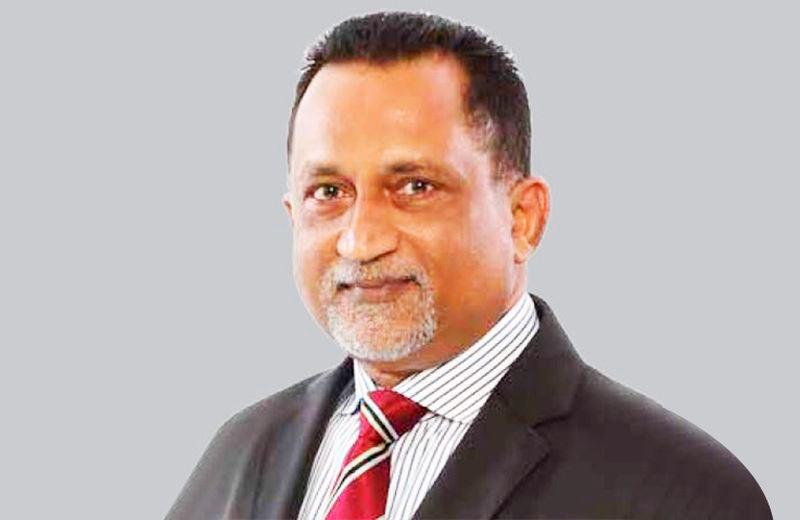PETALING JAYA: The Malaysian Employers Federation (MEF) has thanked Prime Minister Datuk Seri Anwar Ibrahim for addressing the high cost of living and making serious efforts to control the prices of basic goods and services.
However, its president Datuk Dr Syed Hussain Syed Husman told theSun that the government’s pay hike for civil servants of up to 15% under the Public Service Remuneration System, will further increase the cost of living in the country.
“We expect the cost of living to further rise in tandem with the salary increase for civil servants, which has already put pressure on Small and Medium Enterprises (SME) to raise wages for private sector workers.
“While we are thankful that the government is addressing the rising cost of living, and putting policies in place to ensure people can afford the necessities, it must be done in a way that no additional burden is placed on workers’ finances.”
Syed Hussain also called on the government to include all stakeholders in discussions to manage the wage pressures vis-a-vis the rising cost of living.
“While we are thankful Anwar has rightfully said those in the private sector ‘who can afford it should pay higher wages than normal’, SMEs are already being pressured to raise wages in tandem with the government’s civil servants pay hike.”
He said using research data or the opinions of academics who have never run a business is dangerous, and theoretical views do not help entrepreneurs who are struggling with cost increases and reduced business margins.
Syed Hussain said many SMEs are living from hand to mouth, and this is the reality on the ground.
“If people speak to the business community where they live, they will realise that even grocery shops and restaurants are having a hard time keeping costs down.
“Nonetheless, we must be proud of our SMEs and micro-entrepreneurs who dare to start new businesses to build the economy. We must protect them before they give up due to the high cost of operations.”
Syed Hussain said the MEF has no issue with companies that are doing well paying better wages. The process of wage increases is done after a survey every three years and is based on market adjustments for management, and unionised staff via their collective agreement.
“At the same time, based on the company’s performance and profitability, bonuses are declared annually. This has always been the practice.”
He said with the current pressure to raise wages, the MEF is most concerned for SMEs which account for over 90% of small businesses and are the backbone of employment.
“SMEs offer the initial experience to workers in various fields, but over time they migrate to bigger companies and government-linked corporations to advance their careers as SMEs cannot afford to pay the higher wages that are demanded.
“Most SMEs earn profit margins of between 5% and 10% as larger companies squeeze them on tenders. Therefore, we must be careful in implementing pay rises as maintaining the minimum wage is the way to go for SMEs.”
He also stressed that the actual cost of business is far higher than just accounting for wages since SMEs also make payments towards the Employees Provident Fund, Employment Insurance System, Social Security Organisation, Human Resource Development Corporation and others.
“Considering all these payments, we cannot just claim that the workers are earning a certain amount based on the minimum wage. In reality, they are earning far more based on all these additional payments, so we should not be blind to this fact.”









